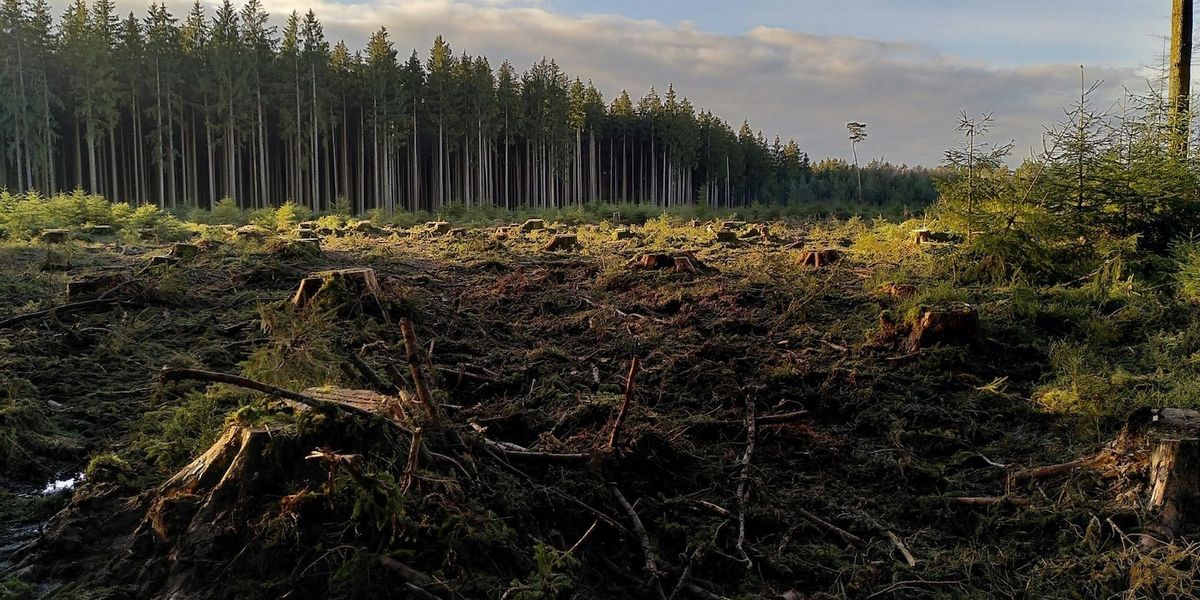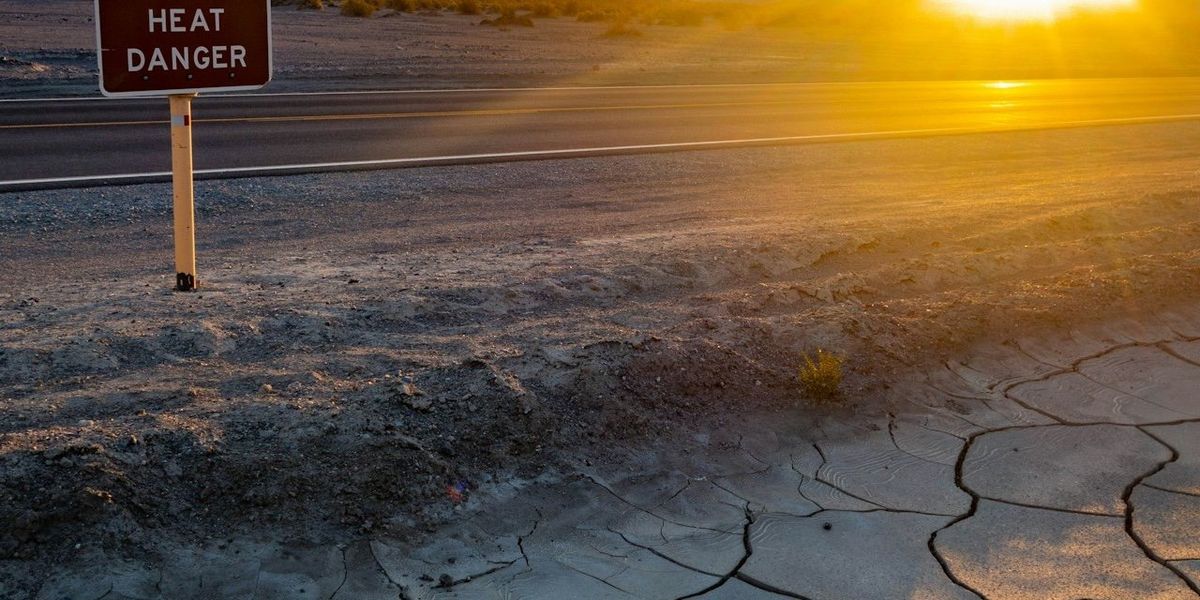
Funding reductions threaten vital climate research at NOAA
The Trump administration is targeting the National Oceanic and Atmospheric Administration (NOAA) with significant budget cuts and a political crackdown on climate science, actions that could have far-reaching global consequences.
Gabrielle Canon reports for The Guardian.
In short:
- NOAA, a leading U.S. climate research agency, faces a proposed one-third budget reduction, threatening its critical services in weather forecasting, species protection, and ocean mapping.
- The Trump administration's so-called "department of government efficiency" (DOGE) has begun evaluating NOAA's contracts and grants, particularly those referencing "climate change," "diversity," and "environmental agreement," to ensure compliance with executive orders.
- Staff have been directed to report weekly achievements, with non-compliance potentially leading to resignation, and some agency leaders have been placed on administrative leave.
Key quote:
"They don't know what they are doing – they just want to bring in a hammer and smash it."
— Craig McLean, former director of NOAA research
Why this matters:
NOAA's work underpins vital public services, including accurate weather forecasts and disaster response. Dismantling its capabilities appears to be part of a broader trend by the Trump administration to undermine climate science and environmental research. This crackdown extends to federal agencies, universities, and international programs, raising concerns about the future of critical research fields and the potential long-term impacts on public health and safety.
Read more:













